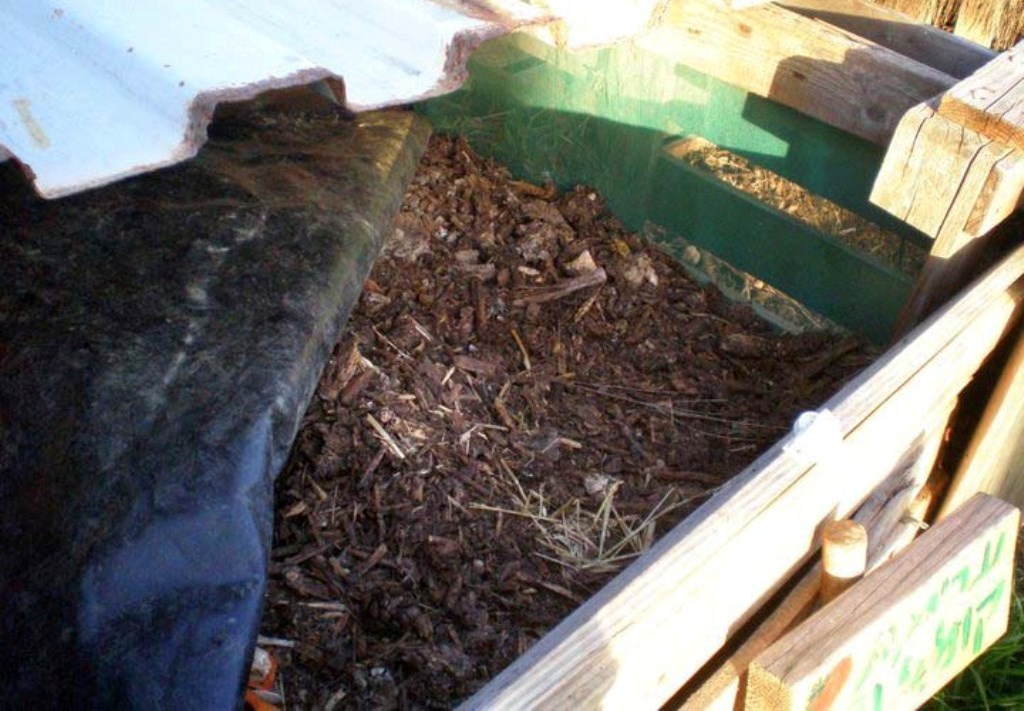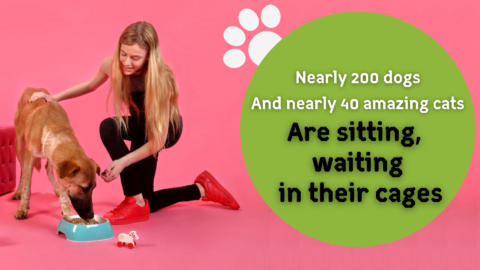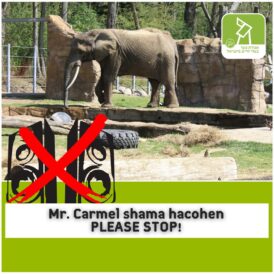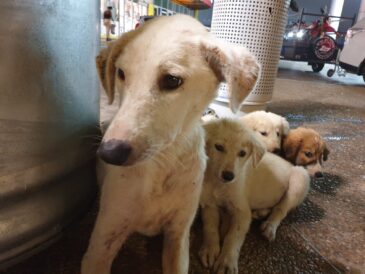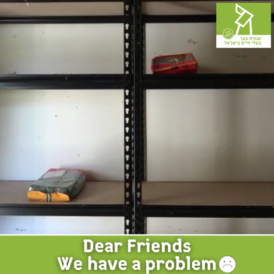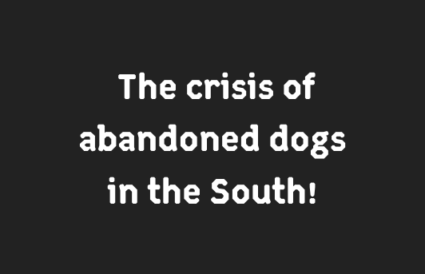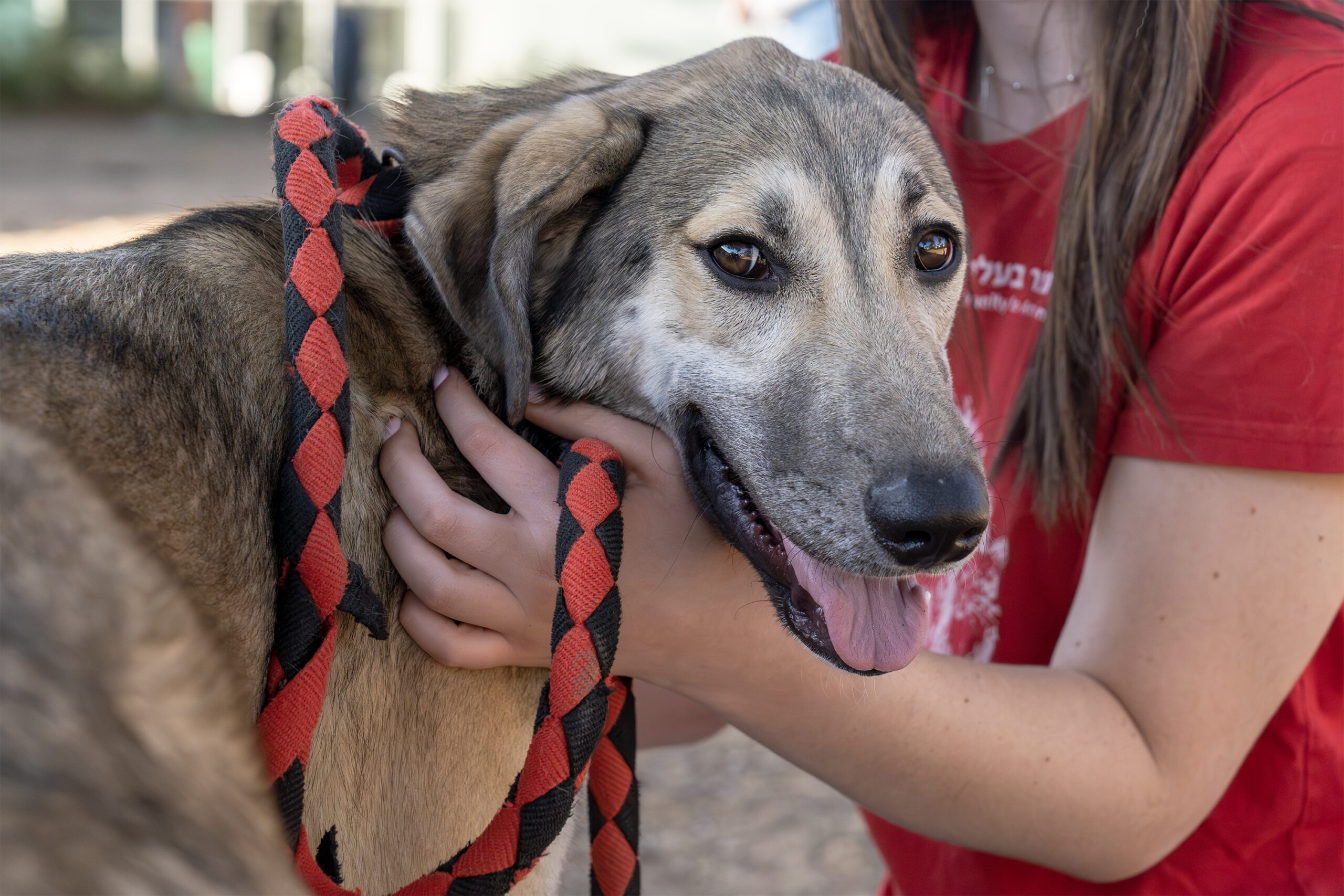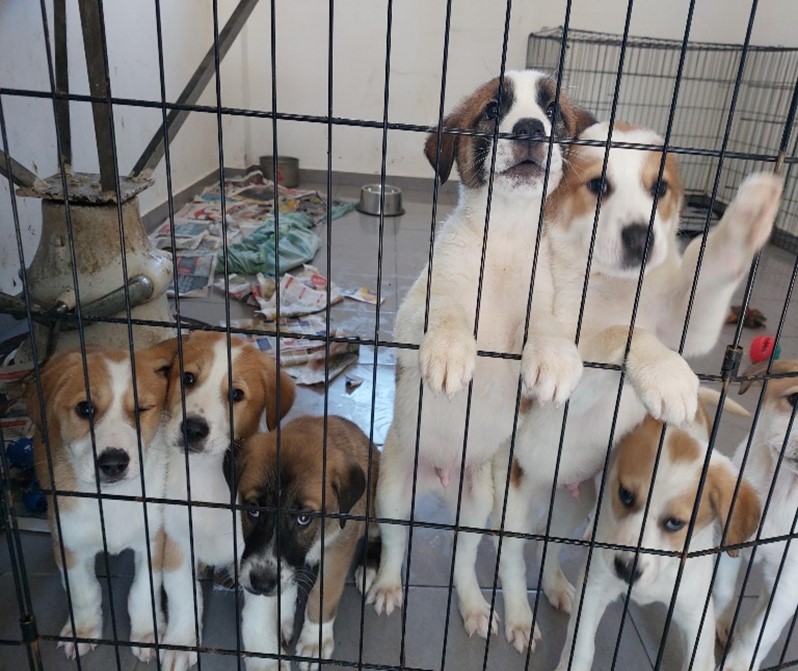The Green trend is inundating us in recent years from all sides, and many people who are aware of the environment understand that even activities done in our private domain have a powerful and significant impact. One of the simplest ecological activities, which every one of us can do, is the use of compost, in other words the separation of the organic wastes into a separate container, which reduces the quantity of household refuse sent to garbage dumps.
A theoretical and practical workshop
On Friday, the 21st of January, at 9:30 A.M., a workshop will take place on the preparation of compost, at the Society for the Prevention of Cruelty to Animals – Tel Aviv, at 159 Herzl Street in Tel Aviv. The workshop will be two hours long, during the course of which the participants will be provided with simple principles for the preparation of high-quality compost in their apartments and in their yards, the results of which can be used as fertilizer for their gardens and for other purposes. At the end of the theoretical section the participants are invited to take part (and thus to assist) in the building of a composting site at the Society, whose purpose will be the reduction of animal wastes at the site. Thus an existing product will be obtained further down the line that will be used by the Society for fundraising. Participation in the workshop is free, but because of the limited number of seats it is advisable to guarantee a place by registering at the offices of the society by telephone.
Edith Lev-Ran, who has been teaching Green lifestyle and compost preparation for a number of years, will be contributing her time to give the workshop. She works in garden management and gives workshops on existing topics to various communities. The entire project is being given as a contribution to the Society, and includes planning the compost site, setting it up and providing professional guidance.
What is compost?
There has always existed in nature a cyclic and amazingly balanced system in which every organism (organic material) that exists on the face of the earth contains within it energy. When that organism finishes its task and disintegrates, the disintegration returns to the earth those same nutritional ingredients. In the process of initiated composting, we imitate the natural process within a container, in which our organic wastes break down with dry materials (leaves, sawdust, dried weeds from the garden) with the help of bacteria and microorganisms. By the end of the process they are converted into nutritional materials rich in minerals for the soil.
Why is it necessary to separate the organic wastes?
The average Israeli throws away (or more correctly he launches it and forgets it) about 2 kilograms of garbage every day, which are about 560 kilograms a year. If you multiply that by the number of residents in the country and take into account that the quantity of refuse has increased each year by about 5%, you will understand that we are talking about enormous numbers. For this purpose about 300,000 square meters a year of land are taken out of use and turned into garbage dumps. In the areas refuse is hidden, which contains, besides organic materials, non-renewable raw materials such as petroleum, sand and metals that pollute the water, air and ground. Apparently about 40% of all the household refuse is organic materials, which if separated would save us almost half of the garbage that gets to the dumps. In order to reduce this quantity of refuse, every one of us can separate out the organic waste from his household refuse and make use of it. Thus, with minimum effort and monetary investment, we will be able not only to not pollute, but to improve, to change a problem into an advantage and to turn our food scraps into quality nutritional material for the soil.
The picture is courtesy of Eve and Adam – Eve Ecological News Service

